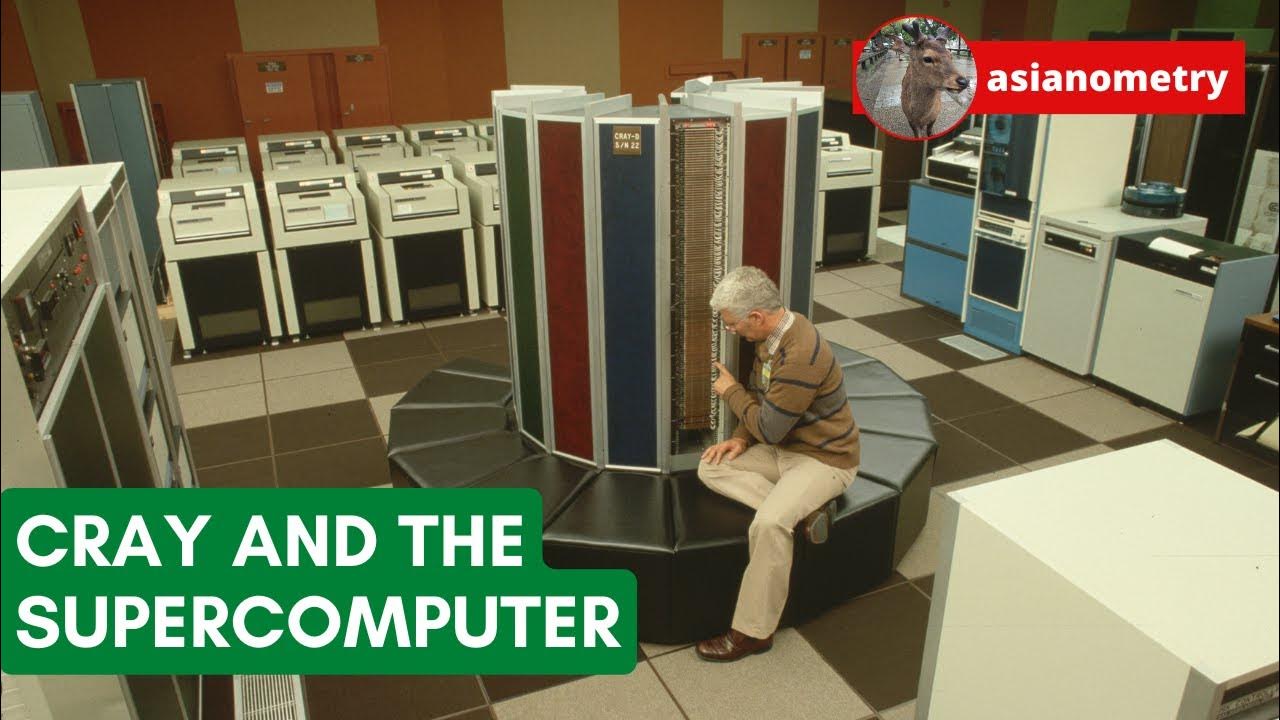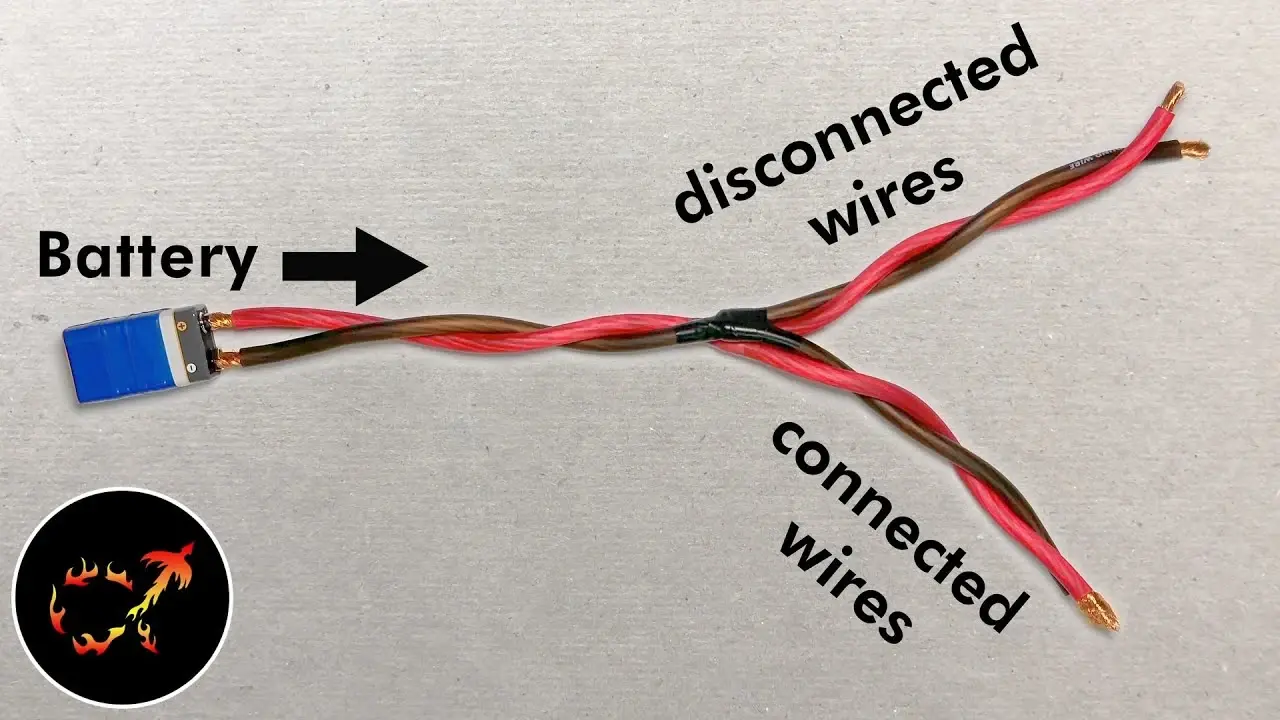

At least there’s only a single way to tell the computer “ok, execute this command”. And you see the command written in plain text before you.
And, no, no useful interface is intuitive because computers just have too many functions. There’s no intuitive appliance in the world with more than a temperature knob and a timer knob. Knowledge is always required, be that cultural or by RTFM.

























Chances are that any new large commercial platform will enshittify, sooner or later prompting another exodus, and each exodus will at least have some people choosing a community platform.